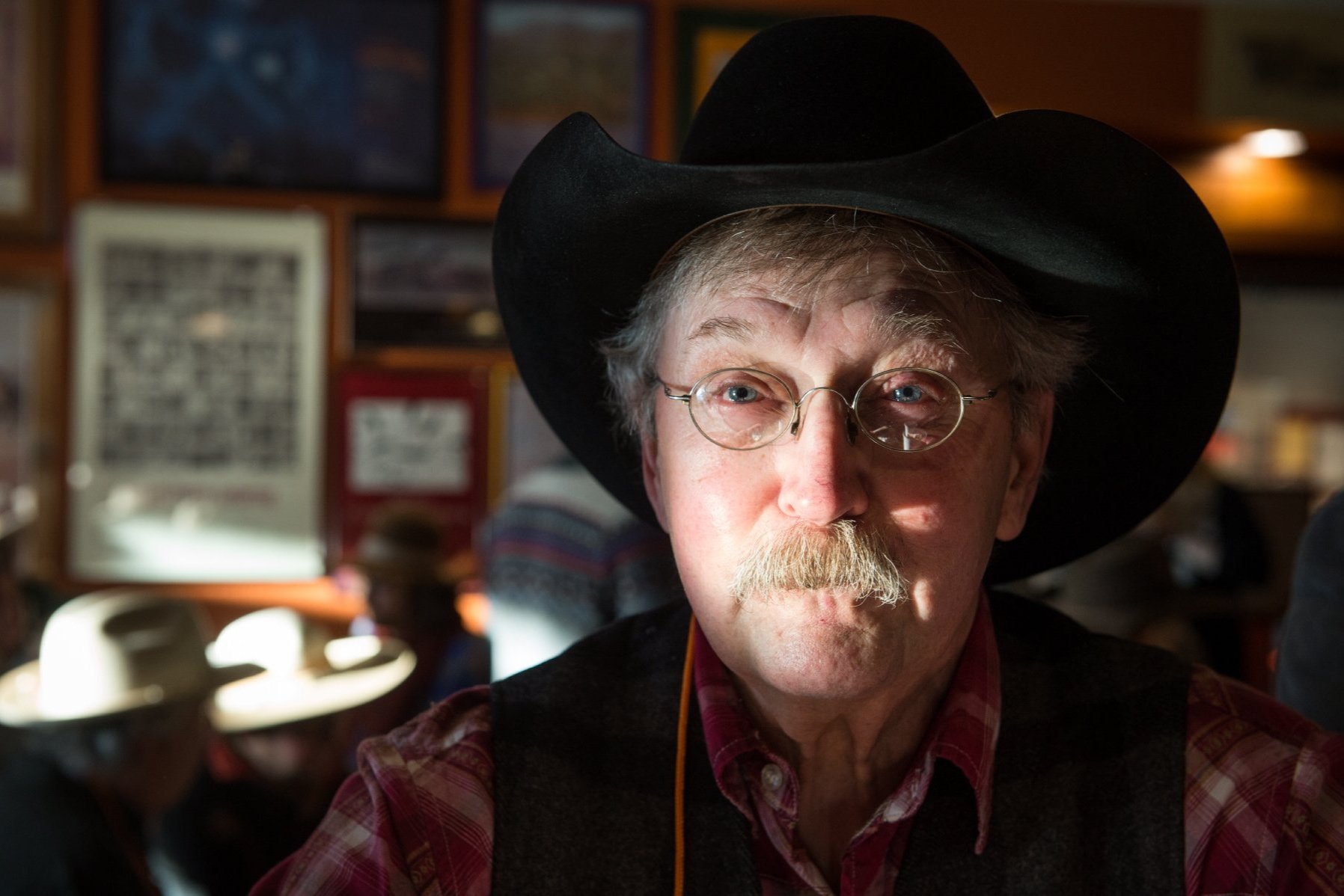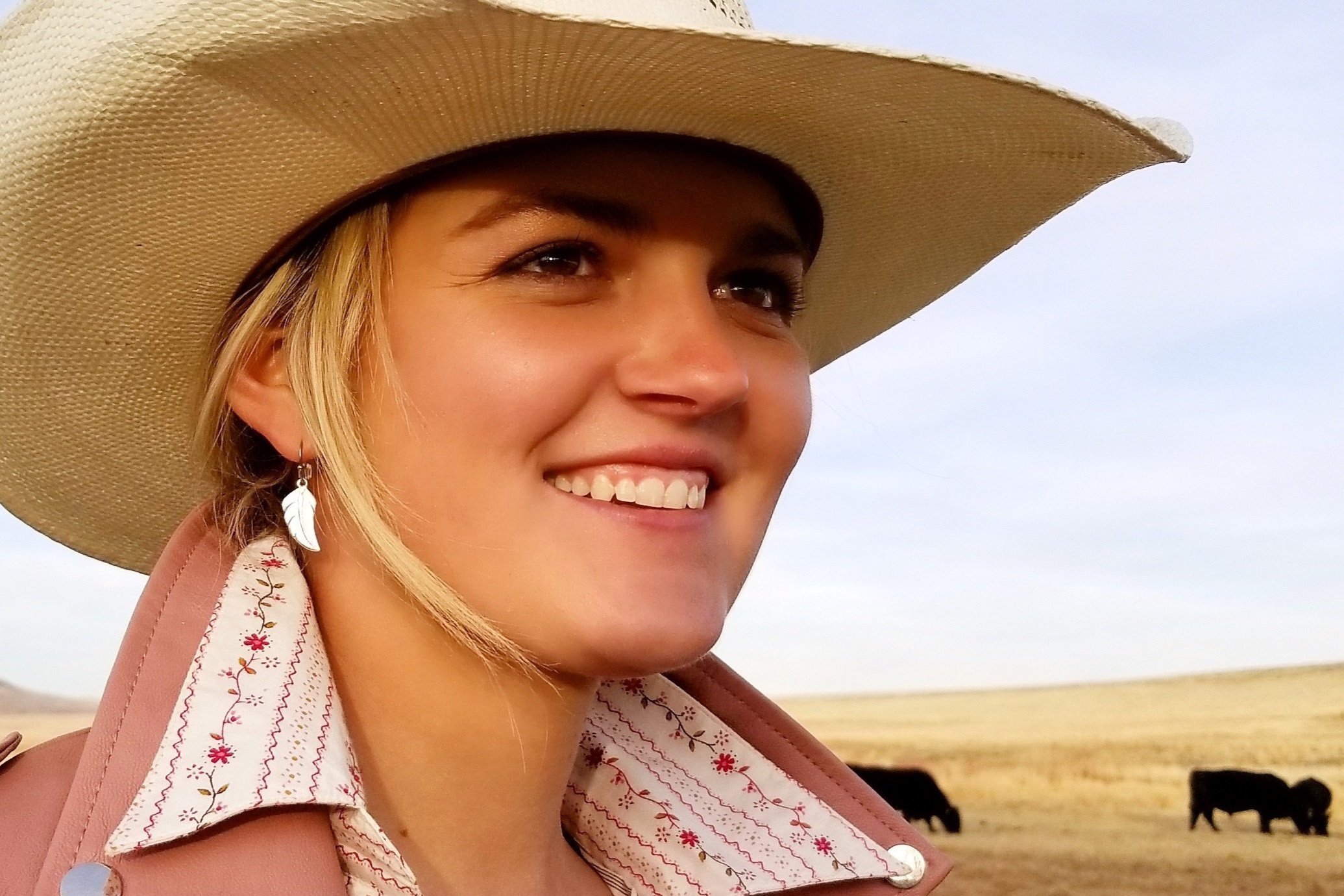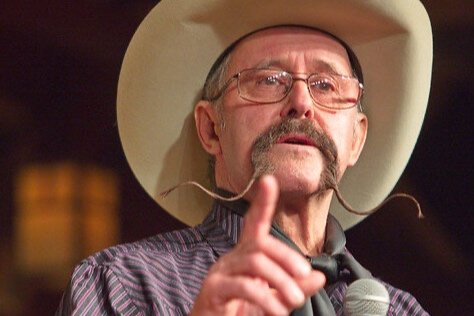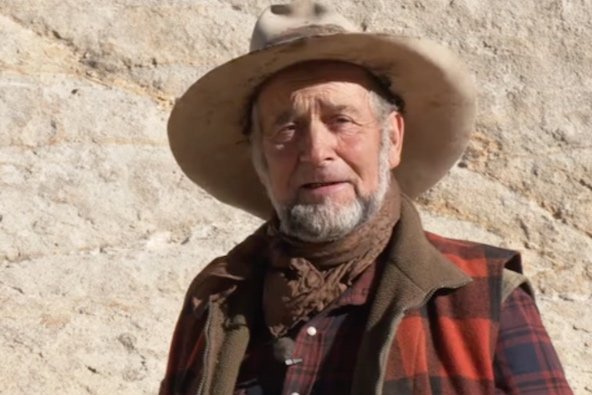Got a Question? Ask A COWBOY POET!
March 2025
Sometimes one gets stuck
Pressing their luck
With words so absurd
No rhyme can be heard
When there’s nowhere to turn
Read on to learn
How to wrangle a rhyme
And make your poem real prime
"How do you find your rhyme? Are there any tools or tricks that you turn to when the rhymes aren't coming?"
~ Rhymin’ Simon
Dw groethe:
I'm a firm believer in using source books. There's a thesaurus or two hanging around close by along with Burges Johnson's New Rhyming Dictionary. They come in handy as all get out. However, and this is the tricky part...I won't bend the poem just to get a good rhyme. Sometimes you have to rethink what you've written and maybe go back a bit and rewrite a line or three. It can be a royal pain, but for me it's worth it as it always makes for a better poem. By the by, this also includes slant rhymes (cattle/saddle and the like) but that's a rhyme for another time. Thanks for askin'.
d dub
annie mackenzie:
If I have a line I'd really like to use and a rhyme for it isn't forthcoming, I'll start going through the alphabet trying to find something. So, if I need a rhyme for "that,” I'll add "at" to the alphabet and hope it sparks something. So at, bat, cat, drat, and so on. If that's not working and I'm in service, I'll use rhymezone.com and hope they have some more options for me. If I still haven't found something I like, I'll try and find a synonym that may rhyme better or try switching the line around so it ends differently. I also call my sister Megan and beg her to help me, and she has bailed me out many times. If you ever get stuck, I can get you her number. She's a gem.
bill lowman:
That’s an interesting question. Funny thing, I traveled my state for two four-year terms as an artist-in-residence for the North Dakota Council on the Arts, working with upper grades and high school students on writing cowboy poetry. First off was to make it fun, not a chore, and to write about something they’ve done or knew well. The poem records an event, a story to be told, but the key ingredient to answer your question is not to corner yourself on big, fancy rhyming words for your climax. Always use simple words that have a lot of analogous partners for your closing rhymes. If one doesn’t work, throw it out and bring in the next. Use the “fancy, flaring words” as adjectives leading up to your rhyme. I’ve seen Baxter Black do it many times. Longfellow apparently couldn’t find any rhyming words to enhance Samuel Prescott, who was the actual hero of the famous ride, so he substituted Paul Revere’s name instead, who was promptly caught by the British and jailed. But his name had many simple rhymes of fear, cheer, clear, here, and near to work with. What could he do with “Prescott”? Here’s a sarcastic poem I wrote about it. Study the many rhyme choices.
THE MIDNIGHT RIDE OF
You’ve all heard the story of Paul Revere,
And the night he rode, spreading such fear.
But when the truth was known, it turned out he’d failed,
When caught by the British and promptly jailed.
His partner on the ride was William Doss,
But his ride too, turned out to be a loss.
For on the midnight ride he got dumped off his horse,
And broke his leg somewhere on the dark course.
When a third party of unknown turned out to be the star,
While innocently riding home from visiting his girlfriend afar.
He was talked into joining the ride to spread alarm,
And quietly warn the Americans of the British plan to spread harm.
He was the only one to succeed on the Lexington-Charleston route,
And if history were fair, would have gained him fame and clout.
BUT—it was eighty-five years later when William Wadsworth dipped his pen,
And wrote the famous poem for the myth to begin.
Of the midnight ride of Paul Revere,
For centuries to come is all we will hear.
Because his NAME rhymed so easy, both far and near,
With simple little words like fear, near, and cheer.
But—William Orion Lowman is the poet that set it straight,
Although it come over two hundred years late.
For if Longfellow would have had the talent I’ve got,
He would have given credit to SAMUEL PRESCOTT.
dick gibford:
Like a lot of things, rhyming poems gets easier with experience. There are a few tricks I use that seem to help. Sometimes I change the word at the end of the previous line to a word that's easier to rhyme to. Don't get stuck fighting with one sentence structure but be open to moving on with the main idea, theme, and inspiration. Once the whole poem is written out, even if a few parts are imperfect, at least then you have the framework laid out on paper as a rough draft, and then you can worry more about unfinished rhymes. The main thing is to hold on to, if you can, the inspiration that you started with and take it and run with it! Thanks for the great question!
yvonne hollenbeck:
Most often, I write poetry on a whim and do not have access to a rhyming dictionary or the internet. I take the word I am trying to rhyme and mentally go through the alphabet, jotting down the rhyming words if I have paper and pencil available. For instance, "word”—I would write down bird, curd, herd, lured, nerd, etc. I used to rely on a little rhyming dictionary, but in the past few years I have found rhymezone.com to be my best friend. Not only can you get a list of rhymes and near rhymes, but also synonyms, definitions, etc.
waddie mitchell:
This question could fill a semester's goal. There is so much to it. The options, choices, and, of course, the art. I've been asked how I find my rhyme, so know all these words are me talking from my work experience and exploring different ways. By no means should these ideas be construed as a rule book or manual on how to, but just a small part on how I do it.
The more I write, the easier it is to put all needed elements together.
I come at a rhyme from all sides like I would a crossword puzzle.
One of the rhyming words will be more important to the story. I won't cheapen the poem by my being too lazy to find the right rhyme for the strong word.
I try not to insist on a word's placement in a line. Try a few ways to build the sentence. There might be a better rhyme you're not seeing.
I try to rhyme in an inconspicuous manner every chance I get.
They won't read it like you'd like it read if you don't write it like they like to read.
I use strong vowel rhyming if the word is the better of your options.
Try to stay in the voice and scheme of the storyteller, character, or feeling of the piece.
I had to become my own worst critic and work and change things until I believe it's worthy of the public. Sometimes a poem will be for certain, positively, no doubt, for sure done six or seven times before I let it go.
When all else has been tried, there is the thesaurus, or even worse, the lowly rhyming dictionary.









